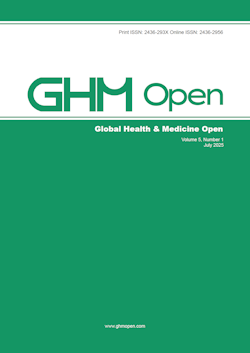Using eConsent to improve patient comprehension and solving issues for introduction, with special attention to the COVID-19 pandemic: A questionnaire survey by the Japan Pharmaceutical Manufacturers Association
Tomotsugu N, Sakuma N, Dobashi M, Someya M, Imai A, Sakoda J, Fukuda M, Yoshimoto K, Iiyama T
The environment surrounding clinical trials is evolving rapidly with the advancement of digital transformation (DX). Especially during the COVID-19 pandemic, digital methods are effective in promoting multiregional clinical trials (MRCT). eConsent is an electronic tool for obtaining informed consent that is expected as a key solution to improve patient understanding. According to the report by Pietrzykowski et al., patient understanding in clinical trials is surprisingly low, and this is a significant ethical problem. Despite the current situation, the use of eConsent has not significantly progressed at least in Japan. This study aimed to identify the current issues for eConsent and consider measures to solve them. In January 2022, an online questionnaire survey was sent to 69 member companies of the Japan Pharmaceutical Manufacturers Association (JPMA), and 52 companies (75.4%) responded. Thirteen companies (25.0%) conducted a trial using eConsent. Among the 13 companies, 17 trials were conducted by 8 companies during or after the COVID-19 pandemic (summer 2020), compared to 8 trials by 5 companies before the pandemic. We found that the biggest obstacles to the spread of eConsent are the lack of awareness of eConsent use and the development of provisions for treating electronic files as source records in medical institutions. In conclusion, we need to encourage medical institutions to update provisions for handling electronic source documents and to notify them of the importance of eConsent. Thus, further promotion of eConsent is needed to increase patient understanding and enable more efficient clinical trials.







